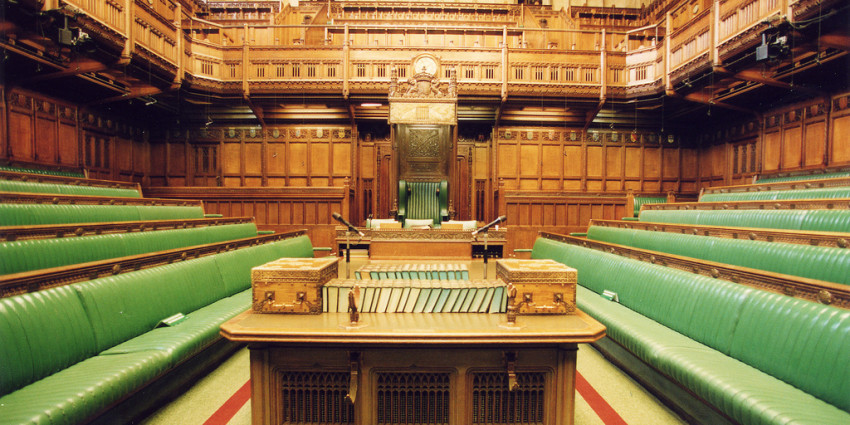Bill committees have been a feature of Parliament since the end of the nineteenth century. Acting as an important training ground for newly elected MPs, they provide detailed scrutiny of government legislation. Committee work has a bad reputation and is often thought to be pointless. But research by Louise Thompson shows that this is not the case. It will be important for the new intake of MPs to realise this, for the committee rooms will be one of the key places in which these new MPs can really make a difference.
With the surprises of the General Election, a flurry of new Members of Parliament have been officially sworn. They have already been finding their feet in Parliament and trying to understand some of the traditions and customs of the House that seem alien to them. Incoming SNP MP Drew Hendry for instance has already tweeted about finding his cloakroom peg on which he may hang his sword, while his colleague Natalie McGarry has been frustrated by some of the conventions of the House of Commons, particularly the idea of waiting to take the oath. As they become socialised in the ways of the House they will learn the ropes from parliamentary officials, from Erskine May – the bible of parliamentary practice, and most importantly, from longer serving Members of the House.
Now with the Queen’s Speech over, bills have begun to move through the House of Commons once again to be scrutinised and these new MPs find themselves being appointed to bill committees. But what do they know about them? Bill committees very rarely make the news (the NHS Reform Bill Committee was a rare example of this in Summer 2011). If they listen to existing Members, they may get the wrong impression. They’ll probably be told two things about bill committee work:
- That bill committees are full of generalists rather than policy experts, so any expertise they have will not be taken into account when it comes to committee appointments. Conservative MP Sarah Wollaston would agree with this, having found herself banned from serving on the Health and Social Care Bill Committee in 2011, despite her interest in the policy area and her background as a GP.
- That committee stage makes no difference whatsoever to legislation. The Marriage (Same Sex Couples) Bill in the last Parliament was a good example of this. As BBC correspondent Mark D’Arcy noted at the time, despite 13 sittings and over 25 hours of scrutiny in committee “Nothing in the bill [was] changed. Nothing at all. Zip. Nada”.
While there may be some evidence to support these claims, my research article in Politics finds that much of what MPs are actually told about committee work is wildly incorrect. Let’s start with membership and expertise. Interviews with ministers show that they would much rather appoint MPs to committees who have a genuine interest and expertise in the subject area being discussed. Bill committee work can involve long debates about minute areas of policy so it makes sense to have someone who is actually interested in doing this. Many MPs who ask to take part in specific committees have these requests accepted. This means that around two-thirds of all committee members have some direct expertise or specialisation in the policy area being debated. Take a look at the Local Government and Public Involvement in Health Bill (2006-07). All but one of its members had previously worked in local government.
The biggest myth however, is the idea that the scrutiny of bills in committee doesn’t matter. Because it really does. Focusing simply on the text of bills means that we don’t appreciate the changes going on behind the scenes. The influence of committee members can actually be seen in many other ways and often materialises in the form of government amendments to bills. MPs often achieve this outside of the committee rooms, meeting with ministers to push further on issues and amendments they have raised in committee. Less than 100 formal changes were made to government bills in bill committees in the first decade of the 21st century (changes that you would notice if you read the text of the bill as it left its committee stage). But if we go behind the scenes we can see that bill committees actually prompted at least 1,900 changes to government bills.
Demystifying the work of committees is important in the context of the parliamentary decline thesis – it shows that MPs really can make a difference to government legislation. But it is also important for all the incoming members of the 2015 Parliament. For the committee rooms will be one of the key arenas in which their ambitions to change things may actually be realised. So let’s hope that it doesn’t take them too long to find out the truth.
About the author: Louise Thompson is Lecturer in British Politics at the University of Surrey. Her first book Making British Law: Committees in Action has just been published by Palgrave. She tweets from @LouiseVThompson.

